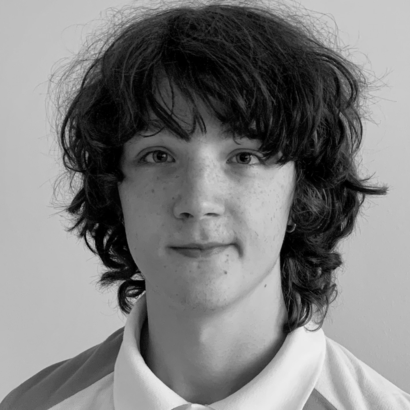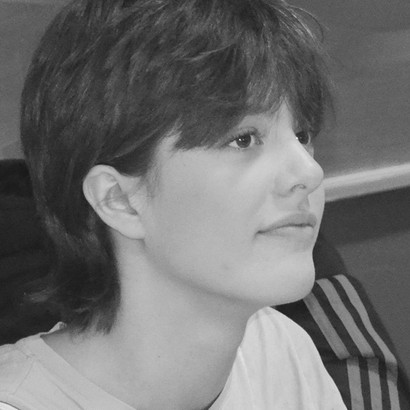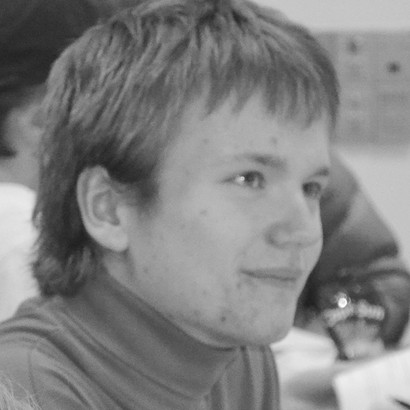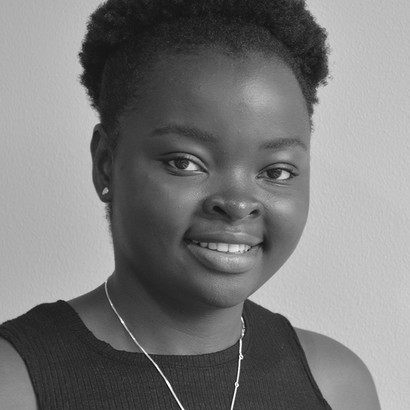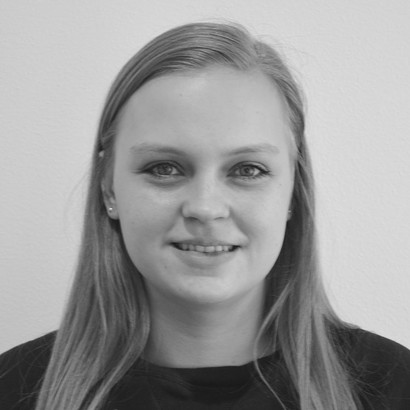You are here

Study Skills
Session 4
Session 4 Strategies and skills in effective learning
Reading strategies
The SQR3 method again (revision is good!)
How effective are your reading strategies? Take a pre-test
- Reading to find important ideas
- Reading difficult material
- Skimming and scanning
- Skimming exercise
Writing strategies
Here you can find some general and basic writing strategies (specific writing strategies in specific subjects must be given by subject teachers).
Oral presentations
And here is an introduction to how you can write a 5-paragraph essay. Very useful in many subjects in IB.
It is important to know how to make a good oral presentation so take a look here to get some advice
Critical thinking
Critical thinking means ‘correct thinking in the pursuit of relevant and reliable knowledge about the world’. It can also be described as ‘reasonable, reflective, responsible, and skilful thinking that is focused on deciding what to believe or do’.
Critical thinking is important in academic work. We all think but much of our thinking is biased, distorted or sometimes even prejudiced. In working towards the IB diploma you should learn to pay attention to the quality of your thought and systematically cultivate critical thinking. This requires thinking about how you think while you’re thinking in order to make your thinking more clear and accurate. The critical thinker is able to
- ask important questions and formulate them clearly
- gather and assess relevant information, interpret it using relevant criteria and come to well-reasoned conclusions
- consider alternative explanations
- communicate effectively
In order to develop critical thinking you must be willing to look critically at your own thinking and correct it. This will not only help you in the academic work but also give you more effective communicative and problem solving abilities. And being part of an international community it is also important to have skills that help you to look critically at ethnocentrism.
Some guidelines for Critical Thinking
- Ask questions; be willing to wonder. Always be on the lookout for questions that have not been answered in the textbooks, by the experts in the field or by the media. Be willing to ask "What's wrong here?" and/or "Why is it like this, and how did it come to be that way?"
- Define the problem. An inadequate formulation of the question can produce misleading or incomplete answers. Ask neutral questions that don't presuppose answers.
- Examine the evidence. Ask yourself, "What evidence supports or refutes this argument and its opposition?" Just because many people believe it, including so-called experts, doesn't make it so.
- Analyze assumptions and biases. All of us are subject to biases, beliefs that prevent us from being impartial. Evaluate the assumptions and biases that lie behind arguments, including your own.
- Avoid emotional reasoning: "If I feel this way, it must be true." Passionate commitment to a view can motivate a person to think boldly without fear of what others will say, but when "gut feelings" replace clear thinking, the results can be disastrous.
- Don't oversimplify. Look beyond the obvious, easy generalizations, reject either/or thinking. Don't argue by anecdote.
- Consider other interpretations. Formulate hypotheses that offer reasonable explanations of characteristics, behaviour, and events.
- Tolerate uncertainty. Sometimes the evidence merely allows us to draw tentative conclusions. Don't be afraid to say "I don't know." Don't demand "the" answer.
Based on Critical and Creative Thinking by Carole Wade and Carol Tavris. Harper Collins, 1993.
Exams, tests and test anxiety
Test or exam anxiety and how you can deal with it
Revision site for some subjects
A last piece of advice: Come back to this site now and then and work with it. Always consider if your study skills are efficient and how you can get the most out of your study time so that you also have time for leisure and fun. However, remember that school is your work and it must have top priority if you want to succeed.
Good luck.
For those of you who really cannot get enough of this and want to explore some of the theories of educational psychology here is a brilliant site full of interesting points and references: How to become a brilliant star





